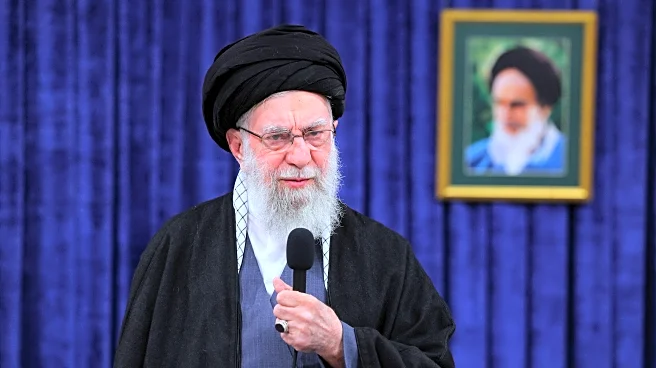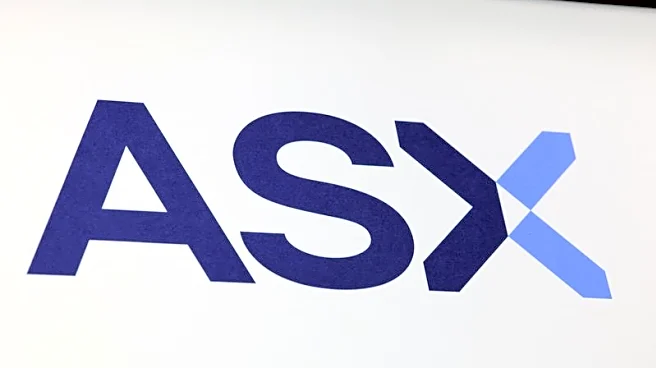Rapid Read • 7 min read
Meta Platforms has announced it will cease political advertising in the European Union starting October, citing new regulatory challenges. The decision comes in response to the Transparency and Targeting of Political Advertising (TTPA) regulation, which imposes strict requirements on political ads, including disclosure of the advertiser's identity and targeting techniques. Meta argues that these regulations create legal uncertainties and excessive obligations, making compliance difficult. Despite the ban on paid political ads, users will still be able to share political content organically on Meta's platforms.
AD
The decision by Meta to halt political advertising in the EU is significant as it impacts how political campaigns reach voters in the region. Political advertisers have historically spent millions on Meta's platforms to engage with the electorate. The new regulations aim to prevent foreign interference and misinformation, but Meta's withdrawal could reduce the visibility of political messages, affecting campaign strategies. This move also highlights the tension between tech companies and regulatory bodies, as Meta claims the regulations stifle competition and limit choices for advertisers and users.
As the TTPA regulations take effect, political campaigns in the EU will need to adapt their strategies, relying more on organic content rather than paid ads. Meta's decision may prompt other tech companies to reconsider their advertising policies in the region. The European Commission's response to Meta's withdrawal could influence future regulatory approaches, potentially leading to adjustments in the rules to balance transparency with operational feasibility for tech platforms.
AD
More Stories You Might Enjoy













